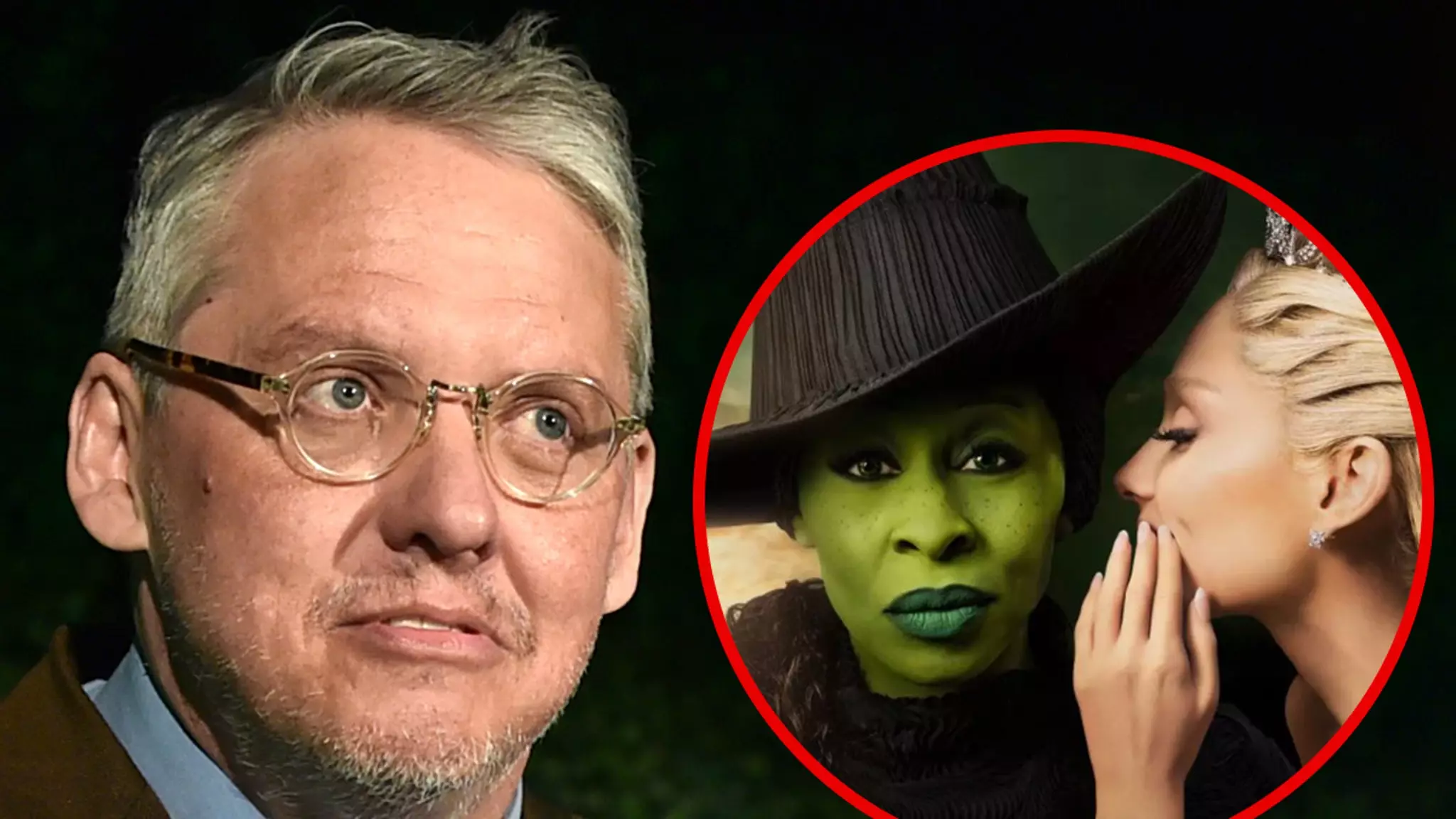Recent comments from esteemed filmmaker Adam McKay regarding the film adaptation of “Wicked” have prompted substantial discourse on the intersection of art and politics. McKay, an Oscar-winning director and writer, expressed his concerns on X about the potential political ramifications of the film, suggesting it could face banning efforts due to its resonant themes. He describes “Wicked” as one of the most radical blockbuster films we’ve witnessed, emphasizing its portrayal of radicalization in response to power structures and societal pressures.
Art, particularly in the form of cinema and theater, has a historic role in mirroring societal conditions. McKay draws parallels between “Wicked” and groundbreaking films such as “Citizen Kane” and “The Sound of Music”—pieces that tackled serious social issues head-on. The brilliance of “Wicked” lies in its ability to weave poignant themes of discrimination and prejudice into a narrative that captivates audiences. The story of Elphaba, the misunderstood Wicked Witch of the West, highlights the stereotypes and biases faced by individuals who do not conform to societal norms. Through her struggles, audience members are invited to reflect on their own perceptions and prejudices.
The Specter of Censorship
As McKay warns, the current political climate poses unique threats to artistic expression. With rising polarization and calls from certain factions to dismiss or ban art that they consider “offensive” or “too woke,” the future of films like “Wicked” hangs in the balance. While many scoff at the idea of banning a musical, dismissing it as improbable, it is crucial to recognize that the seeds of censorship can take root in seemingly benign soil. McKay’s concerns may not be as far-fetched as they appear, given historical precedents where films and literature faced censorship or backlash due to their challenging themes.
Interestingly, the tensions surrounding “Wicked” are not merely speculative. Recent incidents, such as the backlash against a British film board for a “woke” disclaimer, illuminate a growing trend where art is scrutinized for its message. Such incidents raise questions about the role of creative expression in a democratic society. If films tackling significant issues face backlash, what does that mean for our ability to engage with uncomfortable truths? The conversation surrounding “Wicked” serves as an essential reminder that art should not shy away from controversies but instead engage with them thoughtfully.
Ultimately, McKay’s comments remind us of the importance of supporting artistic endeavors that challenge our perspectives. Films like “Wicked” push audiences to confront their biases, fostering a culture of empathy and understanding. Instead of fearing censorship, we should advocate for a diverse array of narratives that reflect the multiplicity of human experience. As viewers and consumers of art, it is our responsibility to ensure that such stories continue to be told without fear of retribution. The ongoing conversation about “Wicked” acts as a vital touchstone for examining the complexities of art in a politically charged environment. Let us cherish and protect the freedom to express, ponder, and evolve through the shared medium of storytelling.


Leave a Reply